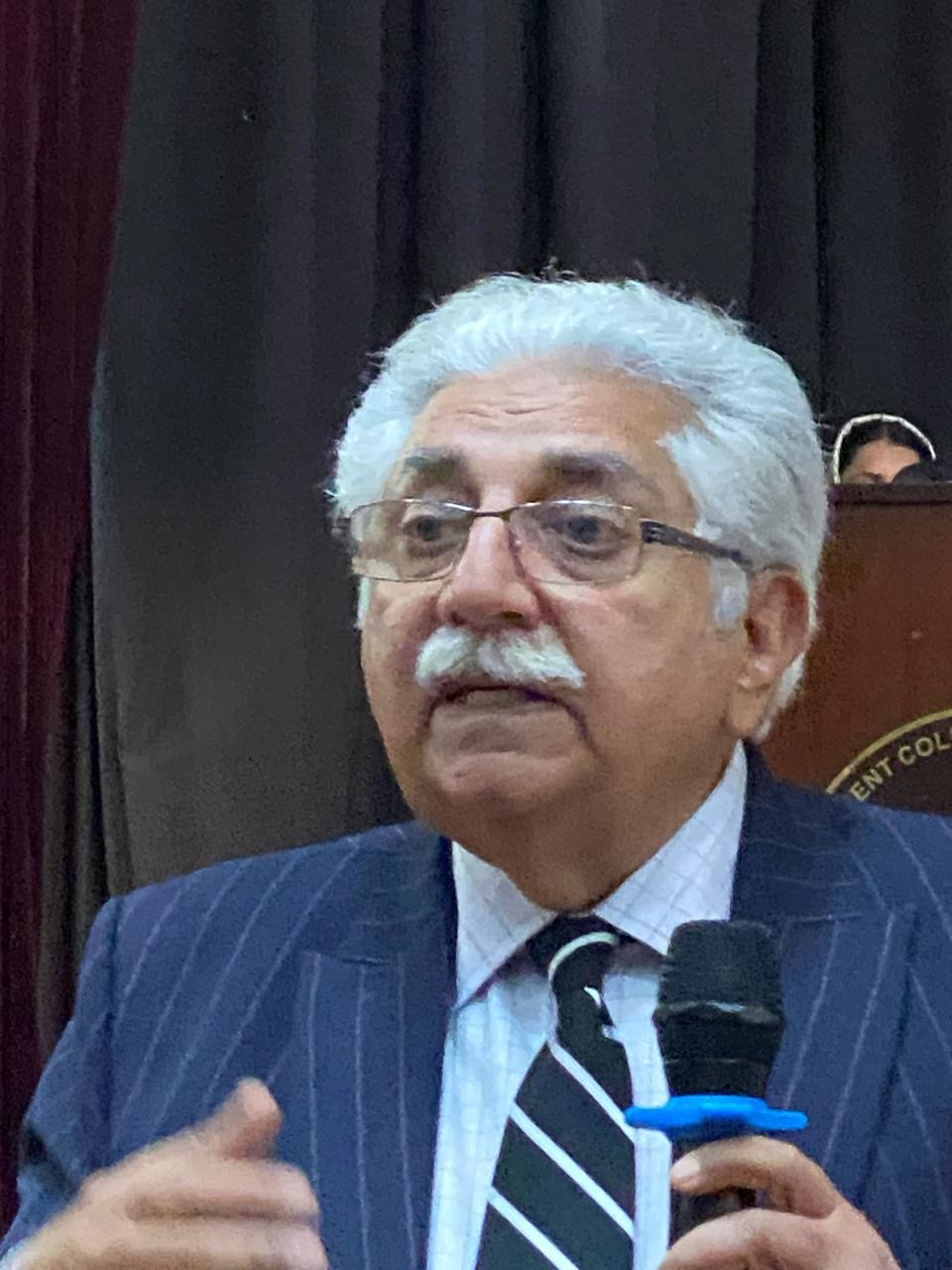- 44 Main Street South, Brampton, ON L6W 2C4
- 905-463-2069
- info@eastwoodpsychologists.com
Finding Health and Wellbeing through Psychotherapy
In-person psychotherapy sessions in Brampton and online psychotherapy sessions across Ontario for children, teen, adults, and couples.

Why Us?
At Eastwood Psychologists, it is important to us that you achieve the best outcomes possible.
At our practice, psychotherapy is evidence-based, collaborative, and carefully monitored.
What can Psychotherapy help with?

Excessive worry or anxiety

Feeling self-critical or wrestling with perfectionism.

Struggling to trust other people in relationships.

Engaging in self-sabotaging behaviours.

Anxiety (social, general, panic attacks)

Depression or low mood

Grief & loss

Insomnia and sleep difficulties

Assertiveness and self-esteem concerns

Exhaustion, stress and burnout in work life

Relationship issues

Work stress and test anxiety
Match With A Therapist










How can Psychotherapy help individuals and create meaningful change?
Psychotherapy is more than just talking about problems with a sympathetic person. Psychotherapy is a unique kind of relationship, where individuals can be open about their thoughts and feelings, without concern about judgement. Psychotherapists bring knowledge and expertise about how people can make changes and overcome psychological difficulties.
One of the defining features of psychotherapy is its commitment to creating an environment of safety and acceptance. Confidentiality and a non-judgmental stance lay the groundwork for clients to express their deepest thoughts and feelings without fear. This atmosphere of trust encourages honesty and vulnerability—essential ingredients for meaningful self-exploration.
In the emotionally-safe psychotherapy space, individuals can face their difficulties, understand their thinking and behaviour patterns with new clarity and compassion, and make changes in their lives. Psychotherapists often guide their clients to experiment with new or different ways of thinking, acting, or feeling. Psychotherapists may also ask their clients to try some exercises between sessions, keep personal notes about their experiences, or complete forms about their experiences and progress.
The introspection and insight that unfolds in psychotherapy creates not just meaningful, but lasting change.

Benefits of Psychotherapy for Individuals
Psychotherapy delivers a broad spectrum of benefits by addressing both emotional and behavioural health. Engaging in psychotherapy sessions helps individuals build greater self-awareness, enabling them to recognize thought patterns and emotional triggers that may have gone unnoticed. Through this lens of increased awareness, clients learn healthier ways to cope with stress, anxiety, and interpersonal conflicts. As a result, many report improved emotional regulation and resilience, allowing them to navigate life’s ups and downs with a steadier sense of confidence and control. Beyond immediate symptom relief, psychotherapy often strengthens communication and relationship skills. By practicing active listening and expressing feelings in a safe environment, individuals develop empathy and assertiveness that translate into their personal and professional lives. Moreover, psychotherapy can boost self-esteem and foster a stronger sense of identity. These changes ripple outward—enhanced social connections, better conflict resolution, and a renewed sense of purpose—ultimately leading to more meaningful and fulfilling lives.
Hundreds of well-designed research studies have demonstrated that most people benefit from psychotherapy. Approximately 75% of those who participate in psychotherapy show improvement. Although response varies, many people can experience improvement quite quickly (10 to 20 sessions or less). Psychotherapy is effective for a wide range of problems such as anxiety, depression, relationship problems, lifestyle change and stress, among others. Research has shown that the improvements made in psychotherapy are generally long lasting.

How to get started?
Have questions about the offered services?
Please book an initial consultation by filling out the form below, or just give us a call at 905-463-2069



Establishing a Therapeutic Relationship
The cornerstone of successful psychotherapy is a strong therapeutic relationship built on trust and empathy. From the very first session, psychotherapists work to create a welcoming environment that encourages open dialogue and vulnerability. This rapport helps clients feel heard and validated, reducing anxiety around sharing sensitive issues. Establishing clear boundaries and mutual respect further solidifies the bond, ensuring that both client and psychotherapist feel safe and supported throughout the process. A collaborative partnership is essential; clients and psychotherapists set goals together, continually adapting strategies to meet evolving needs. Regular check-ins and honest feedback keep the relationship dynamic and effective. When clients sense genuine care and understanding from their psychotherapist, they become more engaged, motivated, and committed to their therapeutic journey, enhancing the overall efficacy of psychotherapy.
Techniques Used in Psychotherapy Sessions
Psychotherapy employs a diverse range of evidence-based techniques tailored to individual needs. Cognitive Behavioural Therapy (CBT) helps clients identify and reframe distorted thoughts, while psychodynamic approaches delve into early life experiences to uncover unconscious influences on current behaviour. Humanistic methods, such as person-centered therapy, emphasize self-exploration and personal growth. Mindfulness-based interventions teach clients to observe thoughts without judgment. Narrative therapy encourages rewriting personal stories in more empowering ways. Through this exploration, individuals break free from old narratives and develop healthier ways of relating to themselves and others.
Each approach offers unique tools to address specific concerns and foster meaningful change. Psychotherapists often customize sessions by blending different modalities—integrating talk therapy with experiential methods like role-play. Homework assignments, such as journaling or behavioural experiments, extend the benefits of psychotherapy beyond the office. By adapting techniques to suit a client’s personality, history, and goals, psychotherapy remains a flexible and powerful path toward healing and self-discovery.

Addressing Specific Mental Health Issues
Psychotherapy can target a wide array of mental health challenges, from depression and anxiety to obsessive-compulsive disorder and other conditions. For those struggling with depression, psychotherapy often focuses on identifying negative thinking patterns and developing strategies to cultivate hope and purpose. In anxiety treatment, clients learn relaxation techniques and exposure exercises to confront fears in a controlled manner. Specialized trauma-focused therapies help individuals process traumatic memories safely, reducing the emotional intensity associated with painful events. Clients with obsessive-compulsive tendencies benefit from ERP (Exposure and Response Prevention), which gradually desensitizes them to triggers and breaks the cycle of compulsion.
By tailoring psychotherapeutic approaches to the nuances of each condition, psychotherapists empower individuals to reclaim control over their mental health.

Integrating Psychotherapy with Other Treatments
While psychotherapy stands as a potent treatment on its own, combining it with other interventions may also be necessary in some cases. Collaboration with psychiatrists allows for a balanced approach that may include medication management alongside talk therapy. In cases of severe depression or bipolar disorder, medication can stabilize mood fluctuations, enabling clients to engage more fully in psychotherapy. Integrative care ensures that all aspects of a person’s well-being—physical, emotional, and social—are addressed harmoniously. Beyond clinical settings, supporting lifestyle modifications amplifies therapeutic gains. Encouraging regular exercise, nutrition planning, and sleep hygiene complements psychotherapeutic work by enhancing overall brain health. Group therapy or support groups can also reinforce individual psychotherapy sessions, offering communal understanding and shared coping strategies. By weaving together multiple treatment modalities, individuals receive a comprehensive, personalized roadmap to wellness.

Overcoming Challenges in Psychotherapy
Measuring Progress and Success in Psychotherapy
Assessing the effectiveness of psychotherapy involves both qualitative and quantitative measures. At Eastwood Psychologists, we use a tool called OQ ® Outcome Questionnaires to help us monitor treatment and to ensure we are providing the best services we can. Clients often use self-report questionnaires—such as depression or anxiety scales—to track symptom reduction over time. Journals and mood logs provide real-time insight into emotional shifts and behavioural patterns. These tools help psychotherapists and clients pinpoint areas of improvement and identify aspects requiring further attention. In-session feedback and periodic goal reviews reinforce a sense of achievement. Celebrating milestones—no matter how small—boosts motivation and validates the therapeutic process. When progress plateaus or challenges persist, psychotherapists adjust treatment plans to better suit client needs. This dynamic approach to measuring success ensures that psychotherapy remains client-centered, transparent, and effective.
Developing Coping Strategies and Tools
Effective psychotherapy equips clients with practical coping strategies to manage stress, regulate emotions, and handle life’s challenges. Mindfulness exercises—like deep breathing, body scans, and grounding techniques—teach clients to stay present and calm during moments of distress. Cognitive restructuring helps identify irrational thoughts and replace them with balanced perspectives, reducing anxiety and negative self-talk. Additionally, psychotherapists and clients collaborate on problem-solving skills, time management, and self-care routines. These tools empower individuals to anticipate triggers, plan healthy responses, and maintain progress between sessions. Over time, these coping mechanisms become second nature, enabling clients to face adversity with greater confidence and resilience.
Comprehensive Framework of Psychotherapy
Psychotherapy offers a comprehensive framework for understanding, healing, and growth. By fostering a trusted therapeutic relationship and utilizing evidence-based techniques, it addresses both surface-level symptoms and deep-rooted issues. Clients emerge with newfound self-awareness, coping skills, and resilience. Whether you’re navigating daily stressors or seeking transformative change, psychotherapy can illuminate your path forward. Embracing this journey equips you with the tools to write a new chapter—one defined by insight, empowerment, and lasting well-being.
